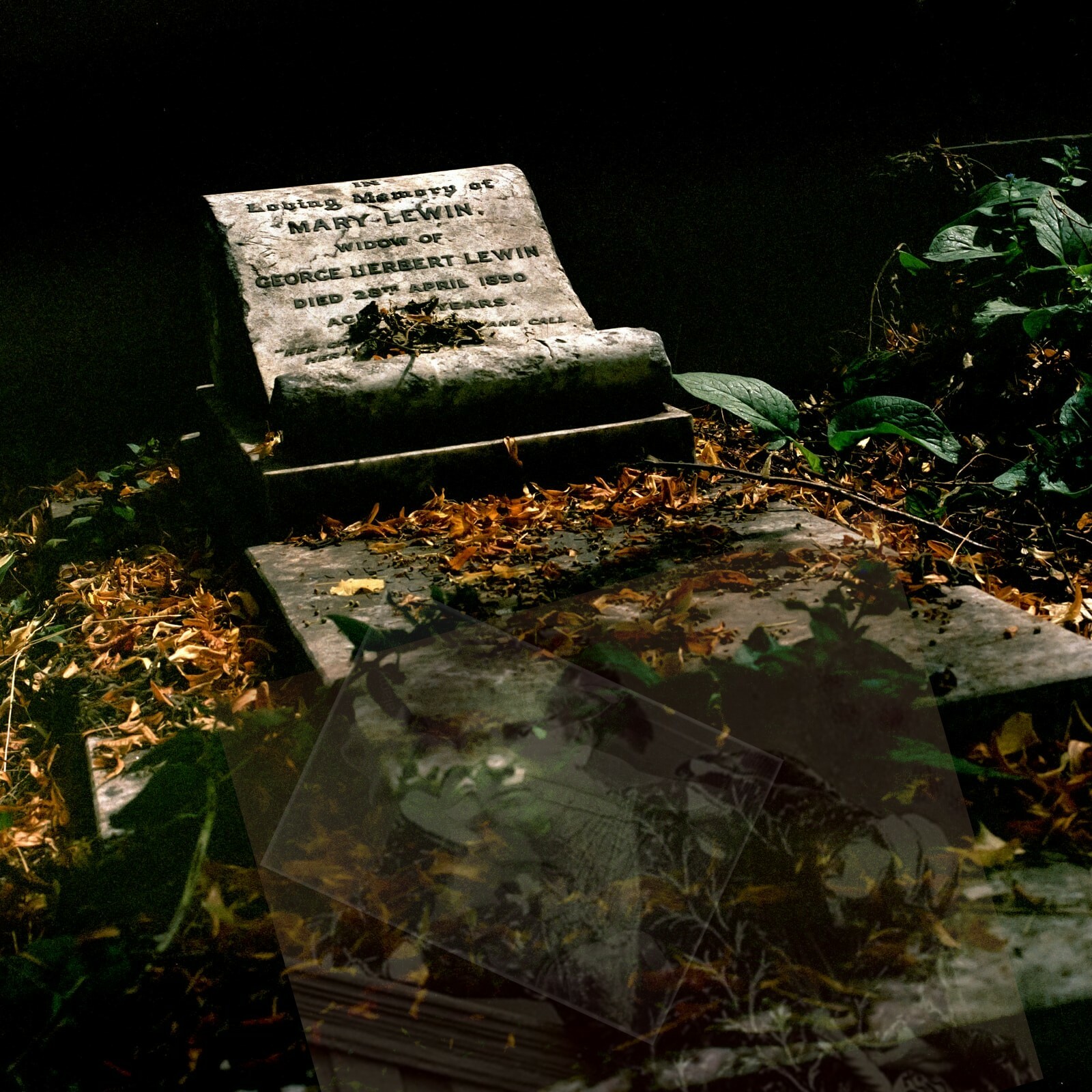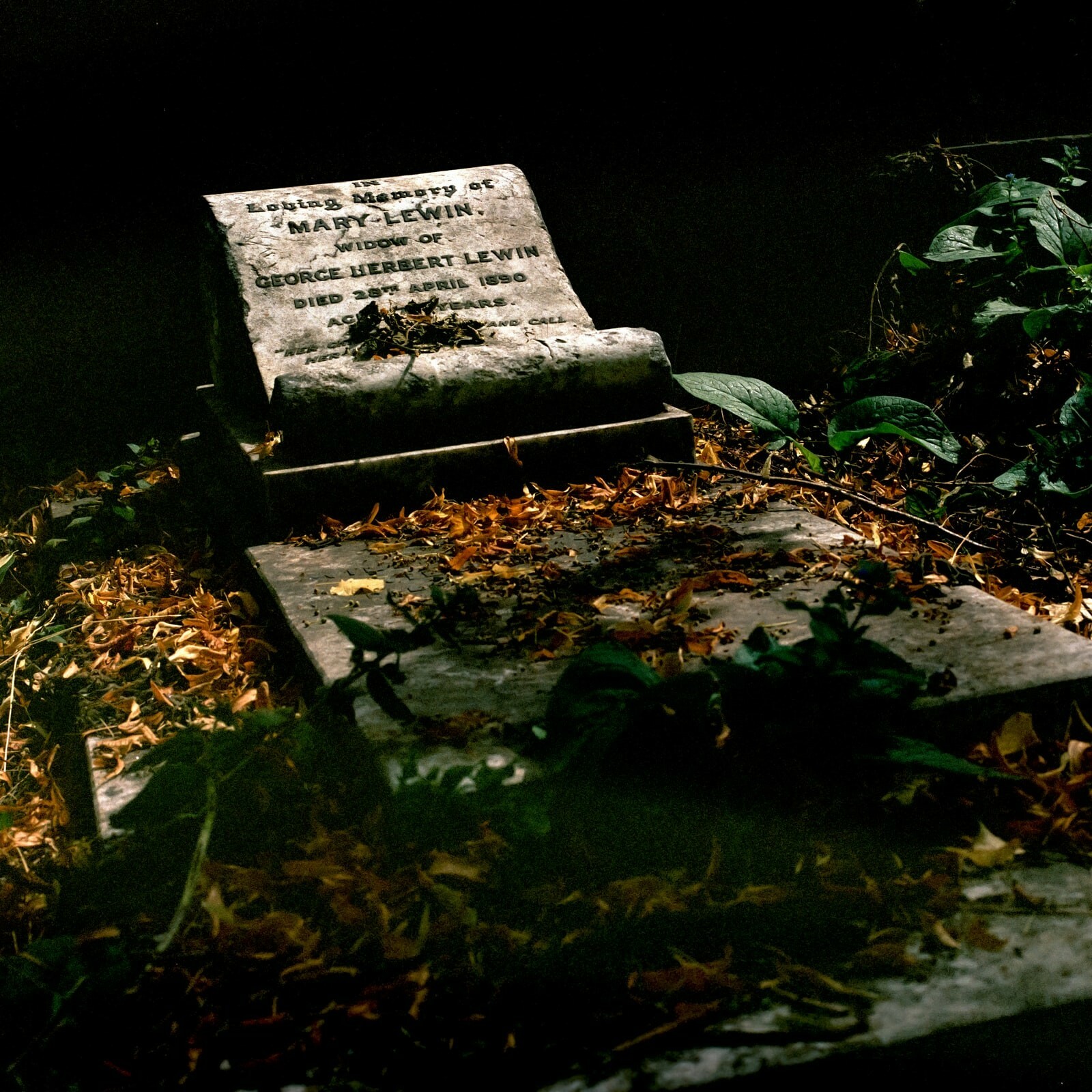Soul Portrait ID: 87
Mr. William “Breezy Bill” Terriss
BIRTH - 20 Feb 1847 in City of London, Greater London, England
DEATH - 16 Dec 1897 (aged 50)
BURIAL - Brompton Cemetery
MEMORIAL ID - 41273325 (Mary Lewin - mother of William)
and
Richard A. Prince - actor & murderer of William “Breezy Bill” Terriss


__________________________________________
BACKSTORY:
William Terriss was one of the leading actors of the time. He had been born William Charles James Lewin in London on 20th February 1847. Before becoming an actor he had tried his hand at a variety of occupations. He got his first serious role on the stage in 1871 when he was cast as Robin Hood in ‘Rebecca’, based on ‘Ivanhoe’ by Sir Walter Scott. Over the next few years he established himself as one of the country’s most popular actors.
In December 1885, twenty-four years old Jessie Millward joined Terriss in ‘The Harbour Lights’ and the pair established themselves as romantic leads together. Their romantic alliance was not limited to the theatre as the pair were lovers off-stage as well. They toured the country and America together for many years before appearing together in ‘Harbour Lights’.
Richard A. Prince was also known as William Archer and William Archer Flint, real name was Richard Millar Archer, was born on the Baldoran Estate - where his father was a ploughman - near Dundee, in 1858. He grew up with a reputation of being ‘soft in the head’ and by the time he left school he had aspirations about becoming an actor. By 1887 he was appearing in bit-parts in the London theatres.
George Rowell claims that a supernumerary in "One of the Best" was Richard William Archer Flint Prince, who was tricked by Abingdon into believing he was to understudy Terriss. A mock rehearsal was called and Prince became the object of much ridicule. He was not rehired after the run of the play on the grounds that few supernumeraries were needed. In fact, a large number were required. In his unbalanced state, he came to blame Terriss for these indignities.
The year was 1897 and, in the interim, Terriss and Prince had become acquainted, perhaps, Terriss getting the struggling younger actor in various productions that he had a hand in. Prince had also, in the intervening years, become more mentally unstable, he had become known as ‘Mad Archer’, and was desperate for regular work. He was often ‘resting’ and was close to destitution. During the run of Harbour Lights’, in which Prince had a minor role, Terriss took offence to something that Prince had said about him and had the man dismissed. Terriss, however, was not without generosity and sent small sums of money to Prince, via the Actors’ Benevolent Fund. He also used his influence to get the Scot small parts in touring productions. Prince was, though, becoming more unemployable and was frequently sacked from the plays that he did occasionally get parts in.
By December 1897 Prince was in a desperate state. He had pawned all his clothes except the ones that he wore, lived on a diet of bread and milk and was in arrears with his rent at his Buckingham Palace Road lodgings. On 13th December he had to be forcibly ejected from the foyer of the Vaudeville Theatre. He had tried to obtain a complimentary ticket by showing his card, which read “Richard Archer Prince. Adelphi Theatre,” but had been refused when he confirmed that he was not currently working there. At that, he became abusive and had to be removed. It was either the same night, or the next, that Jessie heard shouting coming from Terriss’s dressing room in the Adelphi. It was Prince and Terriss arguing. Terriss told Jessie, “That man’s becoming a nuisance.” On 16th December a letter arrived for Prince that told him that the Actors’ Benevolent Fund was ending his grant. He was now at his wits’ end.
That afternoon Terriss spent playing poker with friends and later dined with one of them, Harry Greaves, at Miss Millward’s flat. Around 7pm Jessie left to go to the theatre to ready herself for the evening’s performance. They followed soon afterwards, in a cab. They alighted and walked the short distance to the Adelphi. When he got to the pass-door entrance in Maiden Street, Terriss felt in his pocket for the key. As he did so a man ran out of the shadows and plunged a kitchen knife into his back. As Terriss turned, the knife struck him again, in the side of his body, and a third blow hit his chest.
Jessie Millward was in her room. She heard Terriss arrive and then all went quiet. Suddenly alarmed she ran down the stairs and saw Terriss leaning against the doorframe before he collapsed. Doctors and the police soon arrived. Greaves had caught hold of the assailant, who had offered no resistance. It was Prince. In his pocket police found the bloody knife. He told police, "I did it for revenge. He had kept me out of employment for ten years, and I had either to die in the street or kill him." Terriss died shortly afterwards in the arms of his lover.
Though Price was found guilty of murder, he was also found to be insane. Confined to the hospital, he became heavily involved in entertainment for the inmates and conducted the prison orchestra. He died at Broadmoor Criminal Lunatic Asylum in 1936, frequently writing and acting in his own plays, performed for the amusement of thrill-seekers who enjoyed visiting psychiatric hospitals.
When the dying Terriss fell against his leading lady, mistress and love of his life, Miss Millward, his last words whispered to her were, "I will come back." William “Breezy Bill” Terriss was buried in London's Brompton Cemetery, atop his mother's tomb.. which is pictured here.. which was the original photo I was drawn to.
